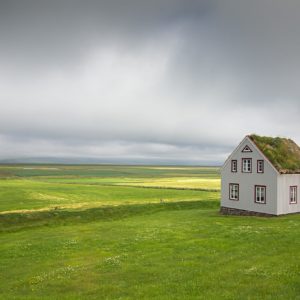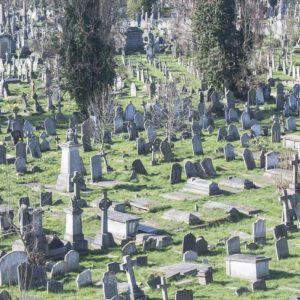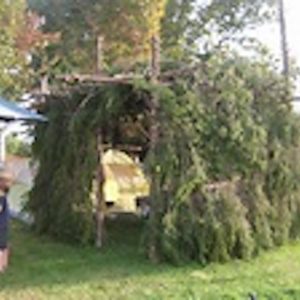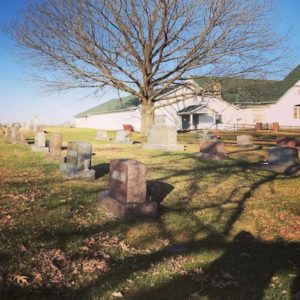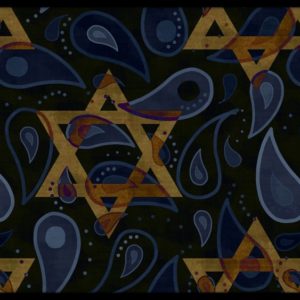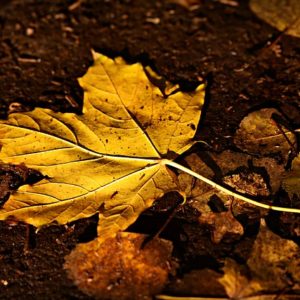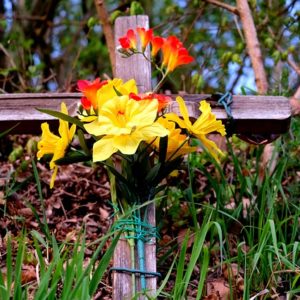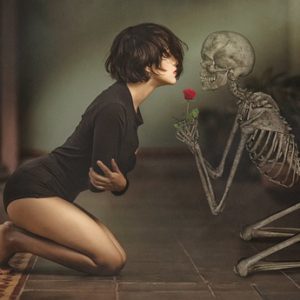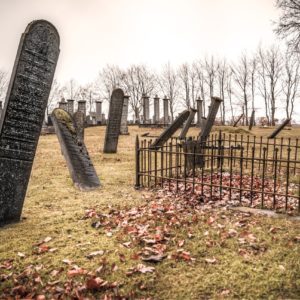
Living with My Father in the Land of the Dead
Death is death. Death is also part of a larger story. I’m part of that story. I’m no longer hiding. No longer withholding. Since my father’s death, thousands of words. I’m living, yes, living with my father in the land of the dead.


